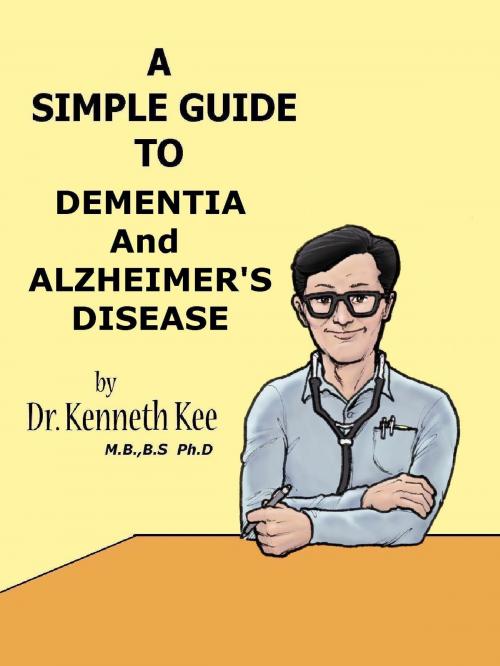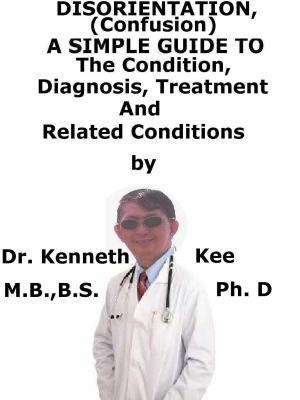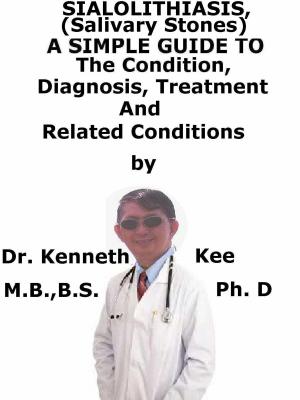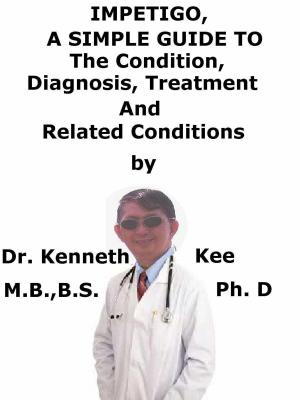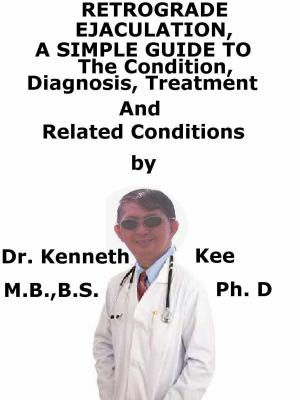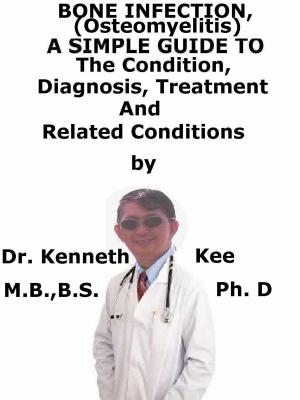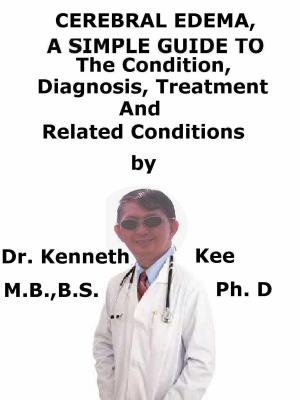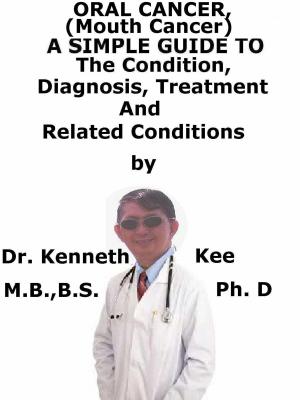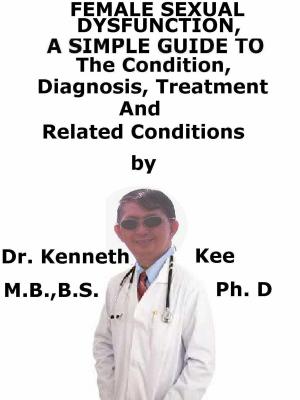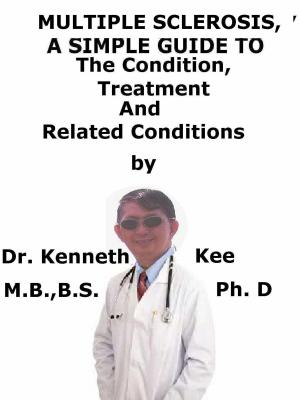A Simple Guide to Dementia and Alzheimer's Diseases
Nonfiction, Health & Well Being, Health, Health Care Issues, Medical, Ailments & Diseases, Diseases| Author: | Kenneth Kee | ISBN: | 9781301333288 |
| Publisher: | Kenneth Kee | Publication: | November 11, 2012 |
| Imprint: | Smashwords Edition | Language: | English |
| Author: | Kenneth Kee |
| ISBN: | 9781301333288 |
| Publisher: | Kenneth Kee |
| Publication: | November 11, 2012 |
| Imprint: | Smashwords Edition |
| Language: | English |
Dementia is a disease in which brain tissue degenerates to the extent of loss of memory and other intellectual abilities serious enough to interfere with daily life.
In Dementia there is a severe and progressive decline in mental function.
It affects a person's ability to:
-
think, remember and reason
-
learn new information and skills
-
solve problems and make judgement
What is the cause of Dementia?
There are several different factors which may contribute to its development.
They can be divided into:
- Irreversible conditions
a. Aging is one important risk factor.
Alzheimer's Disease
b. Stroke
c. Parkinson's disease
- Reversible conditions
a. Hypothyroidism
b. Vitamin B12 deficiency
c. Alcohol dependence diseases
Irreversible Dementia cannot be cured but it may be possible to slow down the progression of the disease.
It may be possible treat the cognitive symptoms.
Potentially reversible dementia may be curable.
What are the Symptoms of Dementia?
-
Memory loss or Forgetfulness is often one of the earliest symptoms (Patients may forget dates, names of common objects and familiar people)
-
Confusion (Disorientation in time and place)
-
Trouble with organizing
-
Misplacing things,
-
Difficulty in expressing thoughts,
-
Difficulty performing familiar tasks
-
Difficulty understanding others
-
Poor or decreased judgment
-
Wandering and getting lost in familiar places
-
Changes in mood and behavior (They may become easily agitated or depressed)
a. Changes in personality
b. paranoia
c. hallucinations
d. agitation
e. anxiety
f. sleep problems
How is Dementia assessed and investigated?
Diagnosis can be based on:
-
History of depression, anxiety, hallucination, paranoia, agitation or sleep problems
-
Various tests may be done to exclude other conditions that may be causing the same problems:
a. blood sugar, thyroid hormone, vitamin B12 level
b. CT Scan or MRI of the brain to exclude tumors or stroke
The family doctor can refer the patient to a psychiatrist for further assessment if dementia is suspected.
TABLE OF CONTENT
Chapter 1 Dementia
Chapter 2 Alzheimer’s Disease
Chapter 3 Aging
Chapter 4 Epilogue
Dementia is a disease in which brain tissue degenerates to the extent of loss of memory and other intellectual abilities serious enough to interfere with daily life.
In Dementia there is a severe and progressive decline in mental function.
It affects a person's ability to:
-
think, remember and reason
-
learn new information and skills
-
solve problems and make judgement
What is the cause of Dementia?
There are several different factors which may contribute to its development.
They can be divided into:
- Irreversible conditions
a. Aging is one important risk factor.
Alzheimer's Disease
b. Stroke
c. Parkinson's disease
- Reversible conditions
a. Hypothyroidism
b. Vitamin B12 deficiency
c. Alcohol dependence diseases
Irreversible Dementia cannot be cured but it may be possible to slow down the progression of the disease.
It may be possible treat the cognitive symptoms.
Potentially reversible dementia may be curable.
What are the Symptoms of Dementia?
-
Memory loss or Forgetfulness is often one of the earliest symptoms (Patients may forget dates, names of common objects and familiar people)
-
Confusion (Disorientation in time and place)
-
Trouble with organizing
-
Misplacing things,
-
Difficulty in expressing thoughts,
-
Difficulty performing familiar tasks
-
Difficulty understanding others
-
Poor or decreased judgment
-
Wandering and getting lost in familiar places
-
Changes in mood and behavior (They may become easily agitated or depressed)
a. Changes in personality
b. paranoia
c. hallucinations
d. agitation
e. anxiety
f. sleep problems
How is Dementia assessed and investigated?
Diagnosis can be based on:
-
History of depression, anxiety, hallucination, paranoia, agitation or sleep problems
-
Various tests may be done to exclude other conditions that may be causing the same problems:
a. blood sugar, thyroid hormone, vitamin B12 level
b. CT Scan or MRI of the brain to exclude tumors or stroke
The family doctor can refer the patient to a psychiatrist for further assessment if dementia is suspected.
TABLE OF CONTENT
Chapter 1 Dementia
Chapter 2 Alzheimer’s Disease
Chapter 3 Aging
Chapter 4 Epilogue
